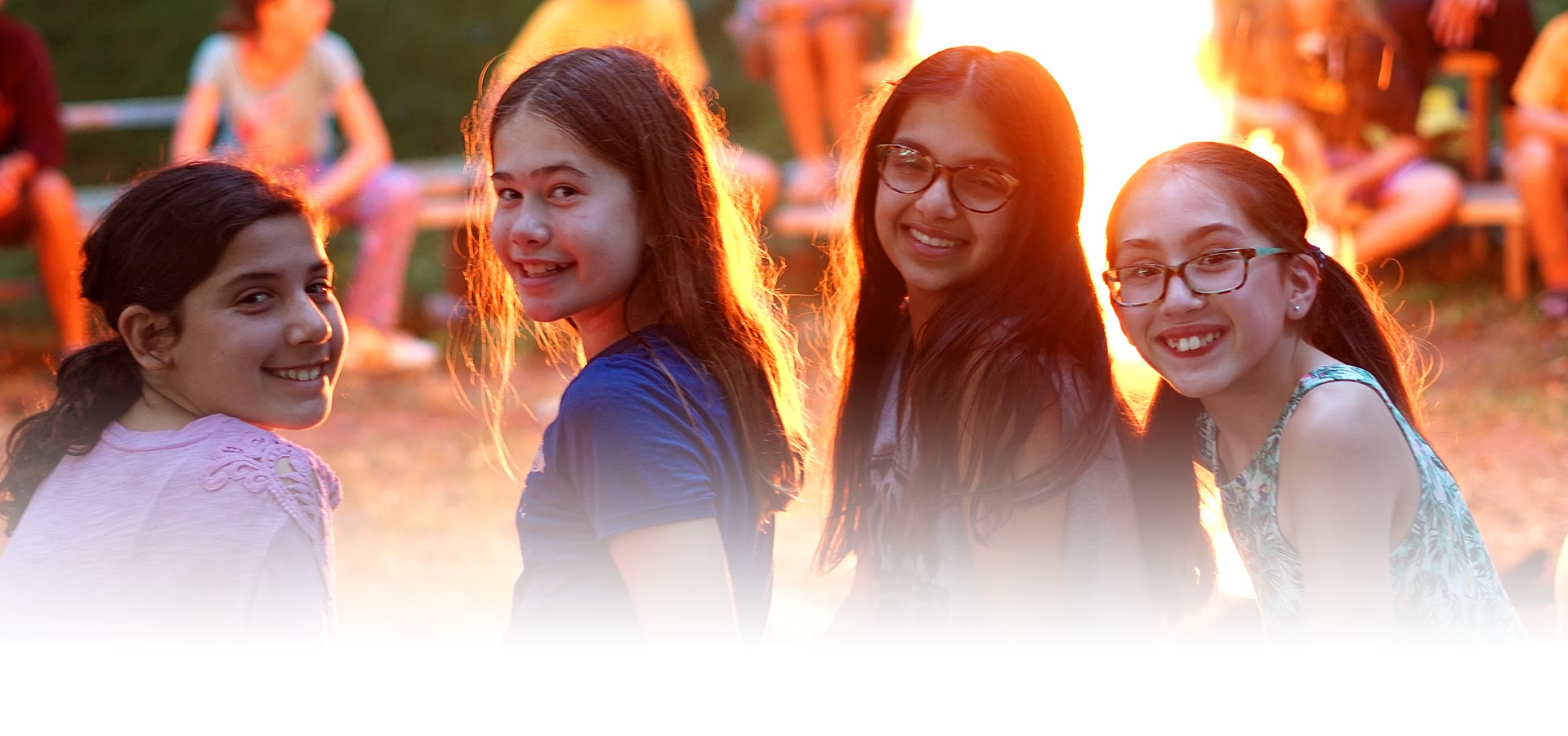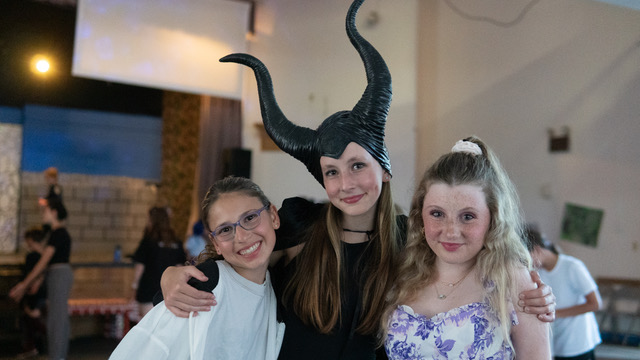For a long time, I’ve had these little mirrors on my desk. They are about the size a quarter and fit easily (and safely) in a pocket. Kate got them for me a long while ago after we’d heard a story from a teacher we both admire.
A long time ago in a war-torn land, a young man was found walking around with a small piece of broken mirror in his hand. He’d use it to look underneath over-turned tanks, under rubble-strewn building lots and other hard to see into places. When war comes through your land, it’s good to be resourceful and look everywhere for something useful.
One day, some sunlight had reflected off his little mirror and shown right into someone else’s eyes. (Can you imagine how startling that would be?!?) These people had been trapped in a fallen building and the boy’s mirror woke them up. The young man was able to find help to get what turned out to be a family out of the wreckage, all safe.
That young man went on to become a teacher and would hand out little mirrors to his students, reminding to always let their light shine into the dark places around them.
Star Stuff
There are a number of song lyrics and quotes and stories about ‘letting your light shine.’ In fact, the famous astronomer, Carl Sagan, once said ‘We are made of star stuff.” (Which, when you look at what makes up a human body, it’s true!)
So, you were made to shine. And you were made different than me, your parents, your friends, the barista at your favorite coffee shop, that dude who never quite gets things right on the game, etc. This is not just a good thing – it’s a GREAT thing. Your light, when you truly shine, will be different from everyone else’s. You’ll stand out.
Two Big Ideas
Here are two ‘big thoughts’ when thinking about shining:
“The longer I live, the more deeply I learn that love is the work of mirroring and magnifying each other’s light. Gentle work. Steadfast work. Life-saving work in those moments when life and shame and sorrow occlude our own light from our view, but there is still a clear-eyed loving person to beam it back. In our best moments, we are that person for another.”
Maria Popova
Maria is one of the great readers and thinkers of our time. She focuses on ideas which have not changed, things that speak to our human nature. The importance of shining and reflecting light to those we love is hugely important. It’s hard to know what someone is struggling through. But, when you let that good light of yours shine on them, it’ll help move the gloom, even just a little bit.
The second thought is shorter and may seem a little scary… at first.
What gives light must endure burning.
Viktor Frankl
Now, I’ve spoken about Dr. Frankl often in these pages. He wrote one of the more influential books in my life and went to generously think and donate his time and knowledge for many, many years.
You are made of the star-stuff. You were made to shine. AND… you were made to withstand that shining. It’s not always easy to let yourself shine forth. There will be some (a small, probably vocal few) who would like to dampen your light or tell you something is wrong with it. If you are to ‘give light’, you’ve got to be strong enough to keep shining.
Rekindling
Want to know how to rekindle your light when it starts to gutter? A friend, shining their light upon you will help. Some time with a loved one with rekindle the spark. Thinking gratefully on the blessings and gifts already in your life feed the flame.
Shine forth, Weequahic. Give your light to others. You are strong enough and they are worth it.



